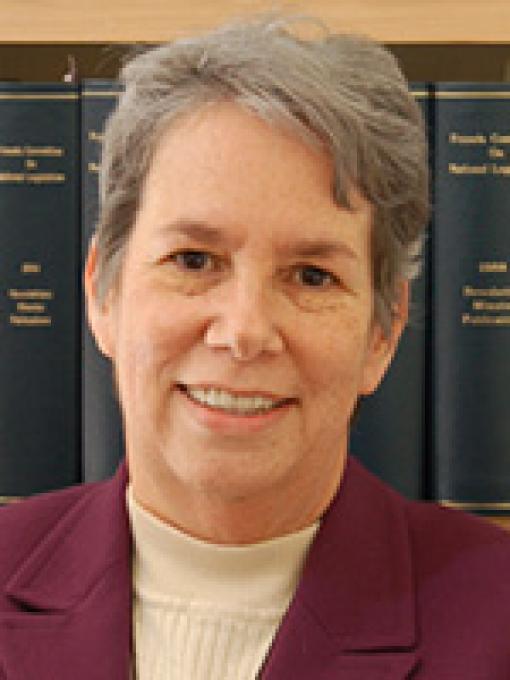The “Alyce Spotted Bear and Walter Soboleff Commission on Native Children” bill, S. 246, was signed into law by President Obama in October.
In Senator Heitkamp’s press statement celebrating the unanimous House approval, she recounts some of the key facts that drive this legislation:
- “More than one in three American Indian and Alaska Native children live in poverty. - Suicide rates for Native children ages 15-24 years old are 2.5 times the national average and is the second-leading cause of death in that age group. - While the overall rate of child mortality in the U.S. has decreased since 2000, the rate for Native children has increased 15 percent. - At 67 percent, American Indian and Alaska Native students had the lowest four year high school graduation rate of any racial or ethnic group in the 2011-2012 school year. - 60 percent of American Indian schools do not have adequate high-speed internet or digital technology to meet the requirements of college and career ready standards.
Tribal governments face numerous obstacles in responding to the needs of Native children, Senator Heitkamp explains. “Existing programmatic rules and the volume of resources required to access grant opportunities stymie efforts of tribes to tackle these issues. At the same time, federal agencies lack clear guidance about the direction that should be taken to best address the needs of Native children to fulfill our trust responsibility to tribal nations.”
The Commission on Native Children will survey the range of challenges faced by Native children, and the range of programs that are intended to improve their lives, including gaps and overlaps among agencies and projects. The objective is a coordinated and comprehensive response to the needs of Native children, an important part of our future.
Originally posted September 26, 2016.
